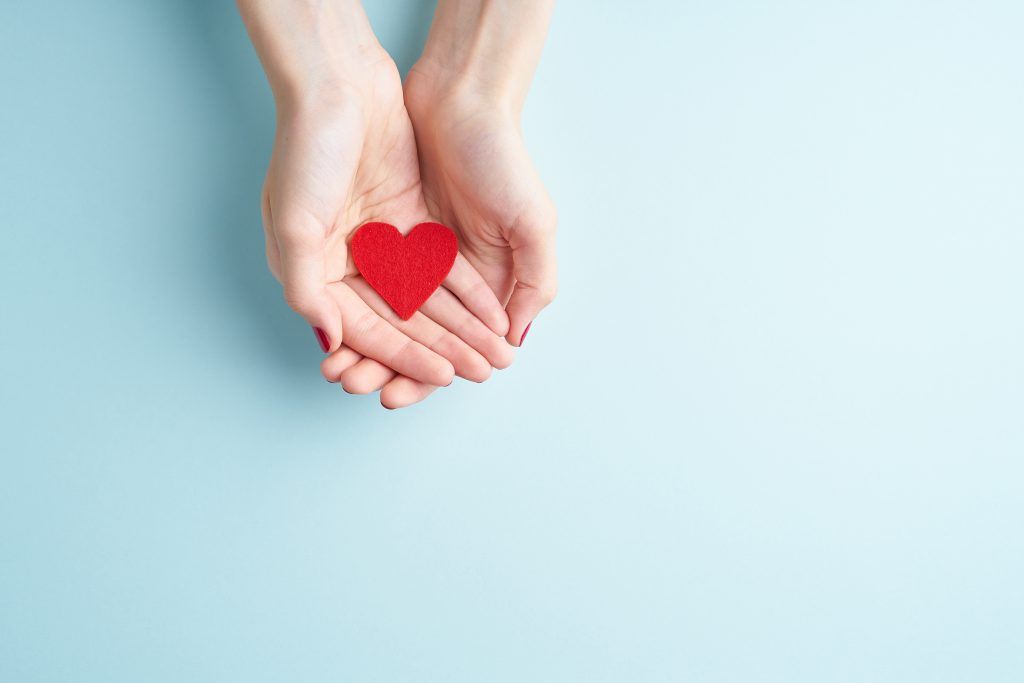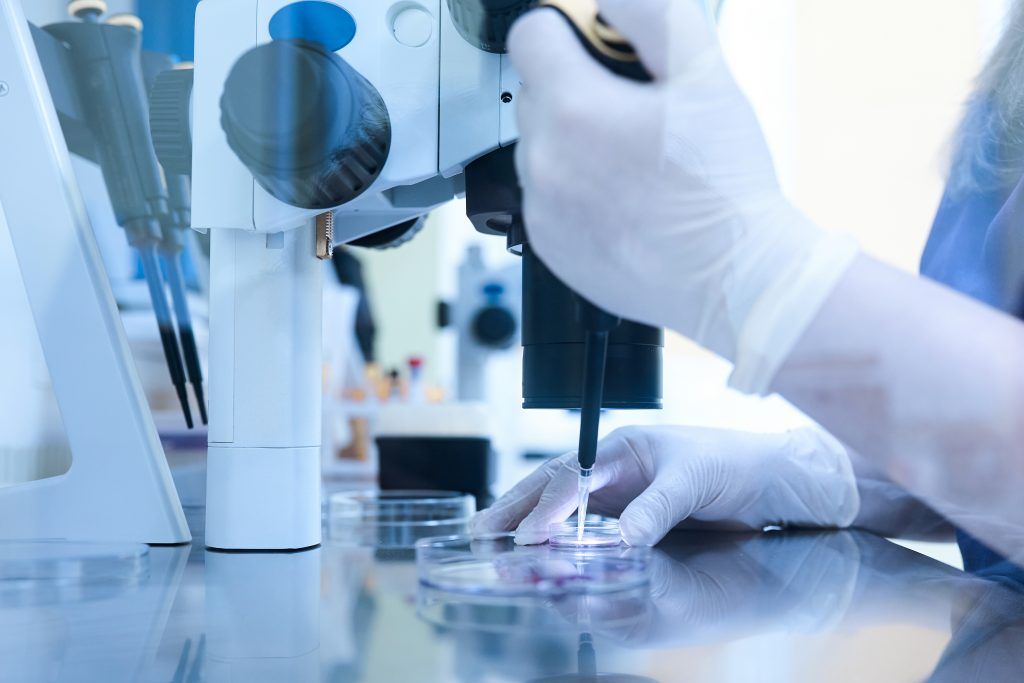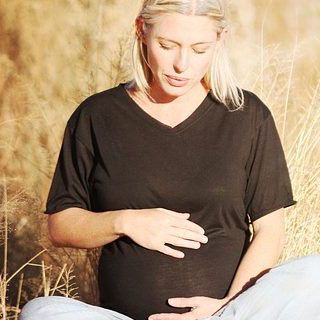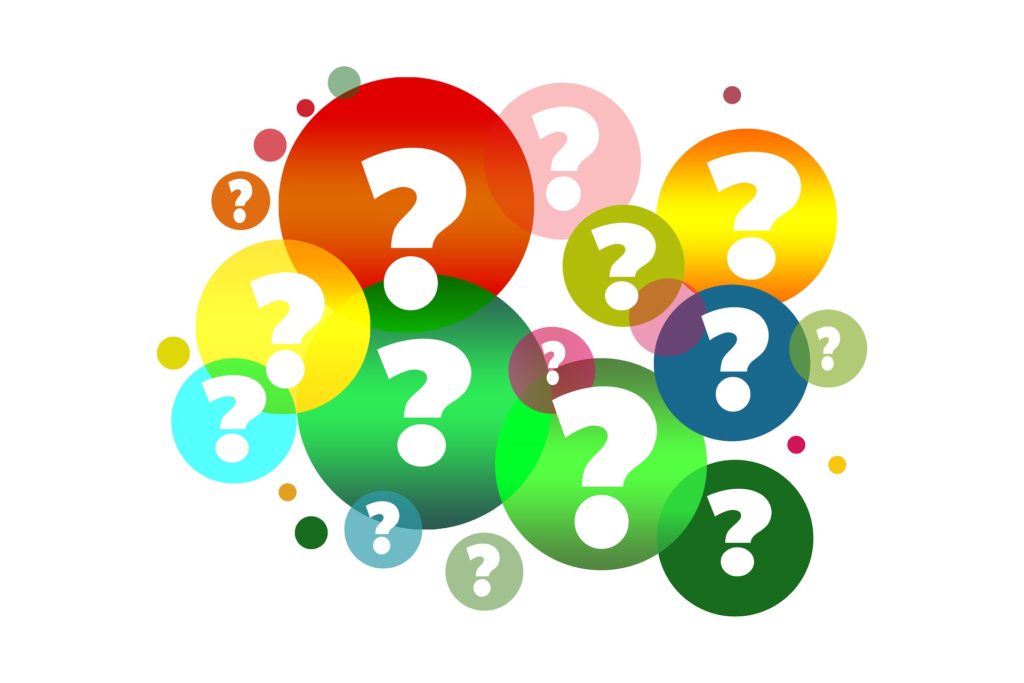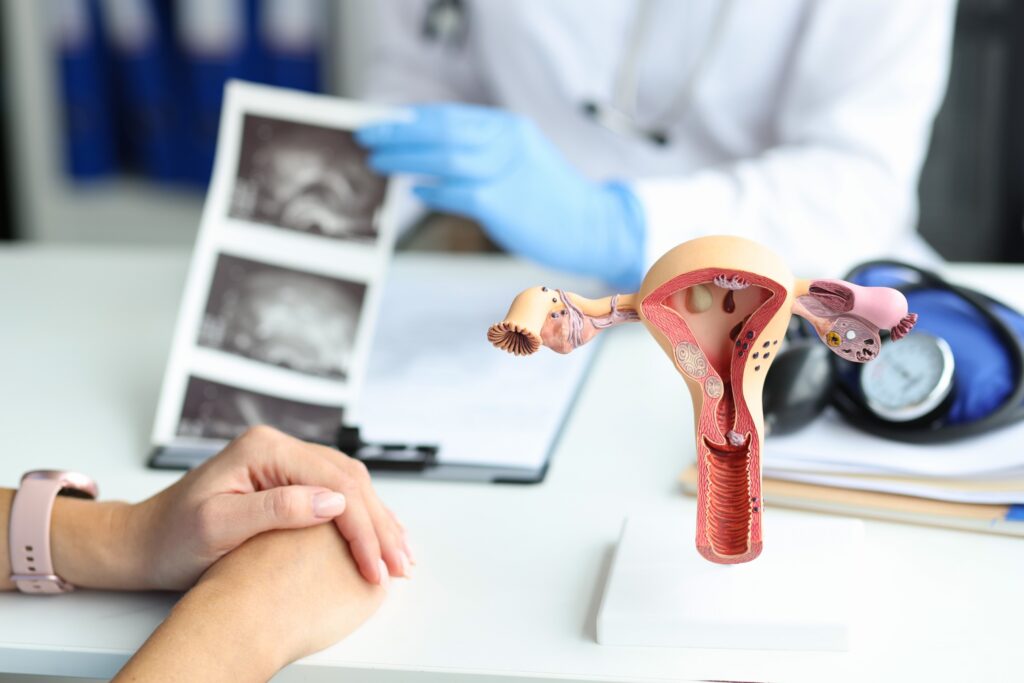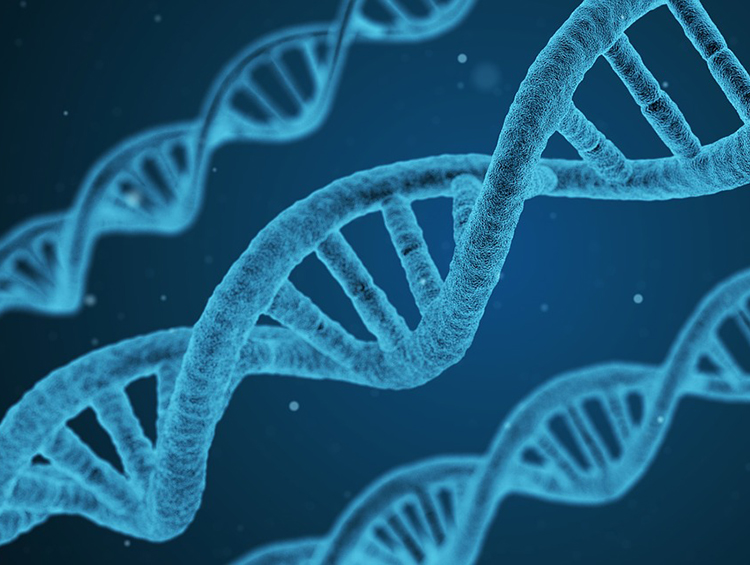Embryo donation treatment, egg donation or use of donor sperm requires parents to consider to tell their children, or not, where they come from. This issue is one of the main questions arising in patients facing a pregnancy through these techniques. There are patients who decide never to tell their children and others decide to do it from the start. Each couple or patient chooses, but it is very important to weigh up the pros and cons of both. If you are of those who want to tell their children where they come from, in this post we give you some tips on how to do it:
1. Telling it is a process, not an event that happens once or twice. Begin to lay the groundwork and keep adding details as your child grows.
2. Don’t tell more than necessary. You can fall into the temptation to tell it all at the same time for not having to talk any more about the issue. But it is better to do it little by little.
3. Don’t wait. It is better to tell it when the child is small (less than 8 years) and does not ask for details, or makes difficult questions. In addition, there are more tools to tell younger children, for example, tales.
4. It’s never too late. Although you might not have been able to tell yet, and your son already starts with adolescence, you are always in time to explain it. There are also tools for teens.
5. There are some common and basic ingredients to tell this story, for example: “… we wanted you so much, we had problems to become pregnant, we sought help in different ways, and then finally, you came to stay, we feel an incredible happiness that we enjoy every day by your side…”
6. Language matters. It is important to use the word “donor” to refer to people who donated their eggs/sperm or embryos, and distinguish it from “mother/father” which relates to you. You are the mother/father of your child.
7. Always leave the door open to all the questions that are raised by your child. After the conversation, make sure that your child understands that he/she can ask any doubts, at any time. You answer them happyly, and that, indeed, it is very normal that many doubts arise.
8. It is the story of the child. Even if you do not feel like letting everyone know about it, and you would prefer to speak little, and only within the family, there is a fine line between privacy and secrecy. All secrets, are surrounded by the perception that there is something shameful or bad in the fact that is hidden. And in this case, it is not. Your child must decide if he/she wants to tell about it, who and when to tell, and you have to respect it.
9. All information belongs to your child. Maybe not immediately, but you should give all the information you have (depending on your child´s age), even if it’s data for the identification of the donor (in countries where the donation is not anonymous).
10. Do not feel hurt if the child says of that he/she would like to meet the donor. It is not usually with the intention of replacing you, just curiosity. In Spain, the donations are anonymous, so you will have to explain to him/her that it is quite unlikely that they will meet. In countries where the donations are not anonymous, you will have to explain to your child, that he/she will be able to meet the donor when everyone involved is prepared.
It is important that parents who have children by donation of embryos, eggs or sperm, know how to tell their children where he/she came from. In URH Garcia Real, we offer psychological consultation for all couples before starting treatment. Our psychologists will help answer these and other questions, and potential conflicts that may arise related to the treatment, as well as offer support throughout the process.
If you are interested in a treatment of embryos, eggs or sperm donation, please do not hesitate to contact us. We offer a free initial consultation and without compromise. Ask for your appointment through our website, or by phoning 91 740 16 90. We look forward to seeing you!
Dr. Isabel Pons Mallol – Head of the IVF and Andrology Laboratory



